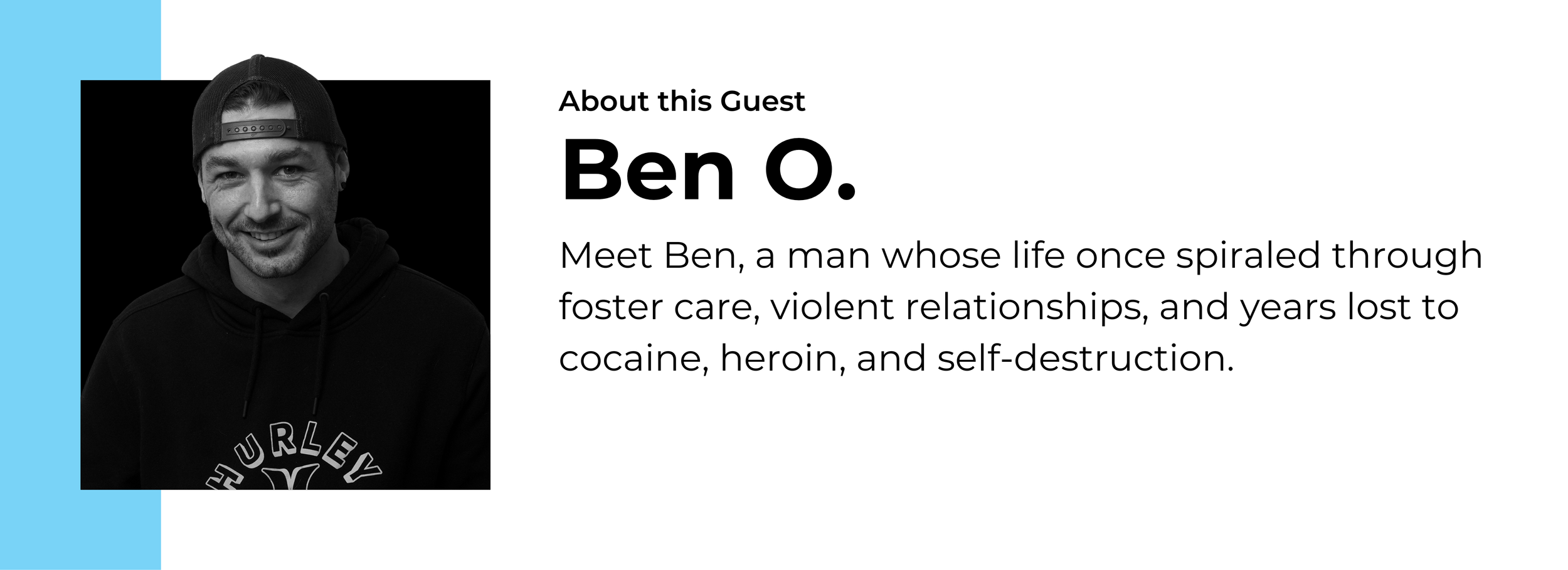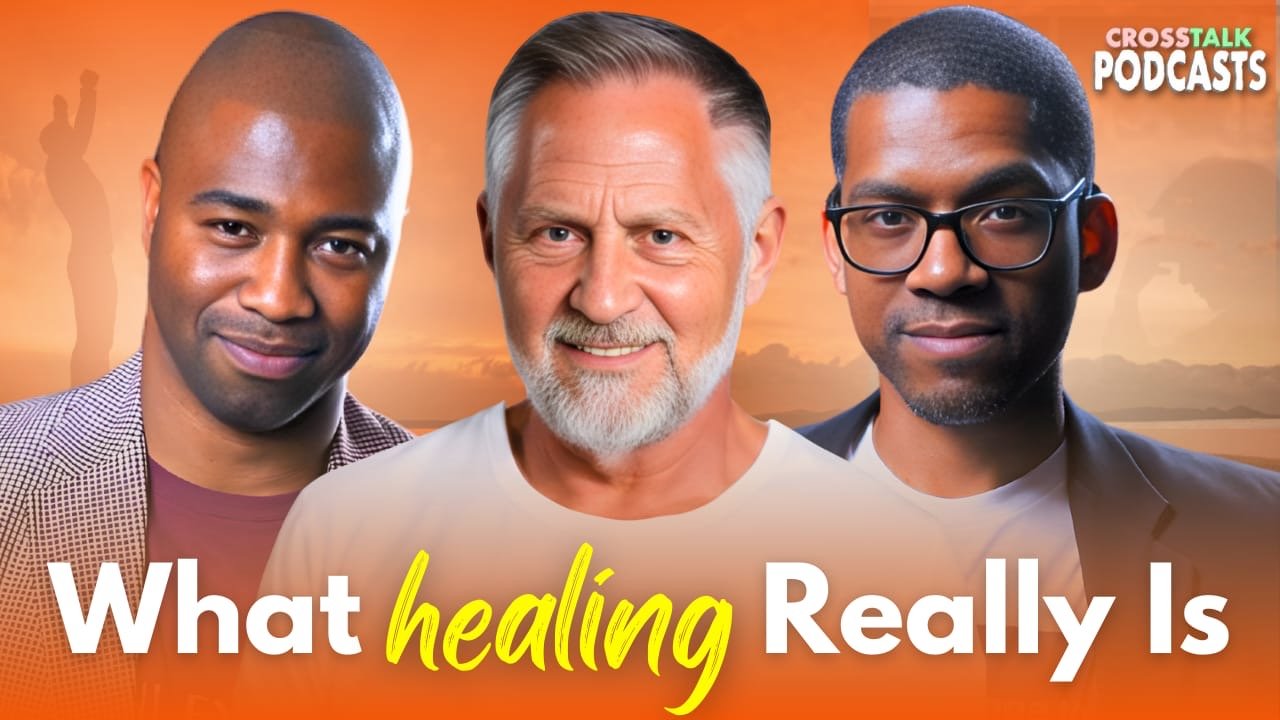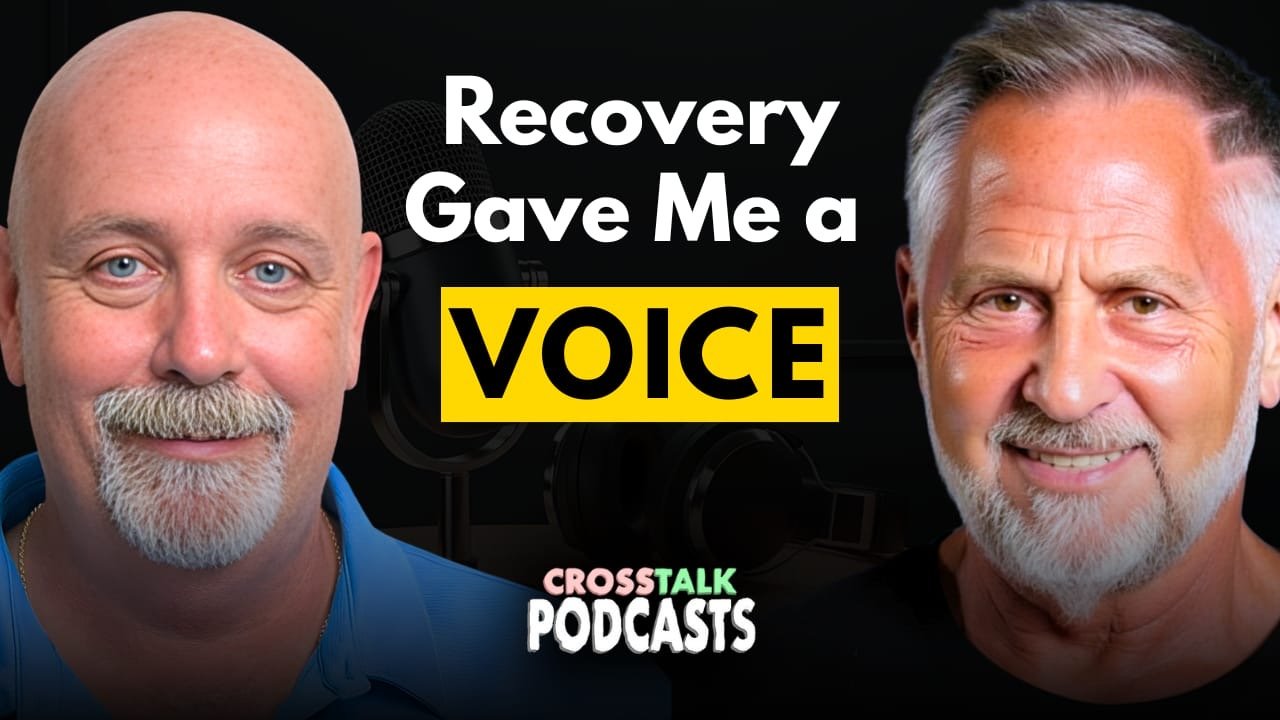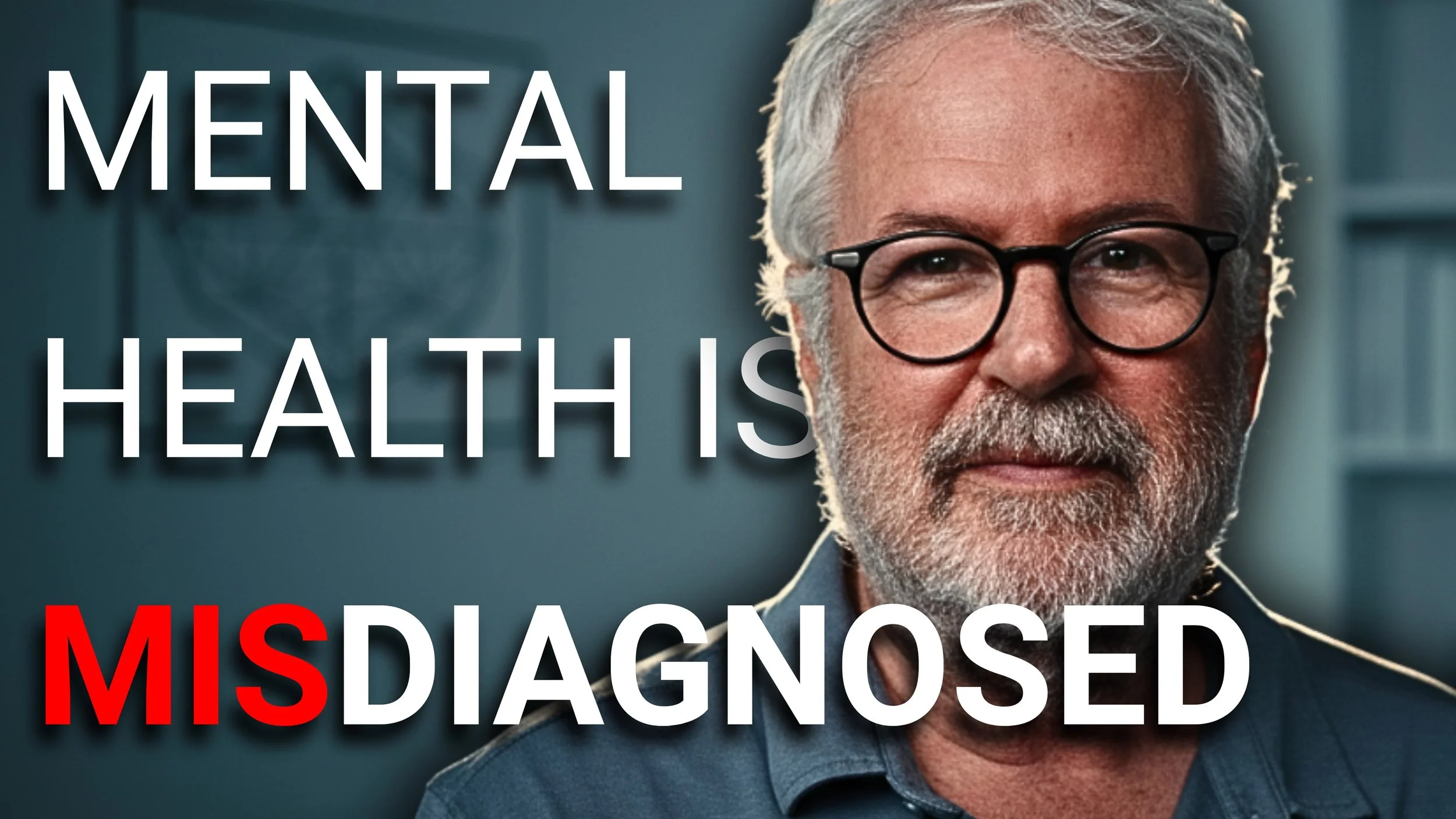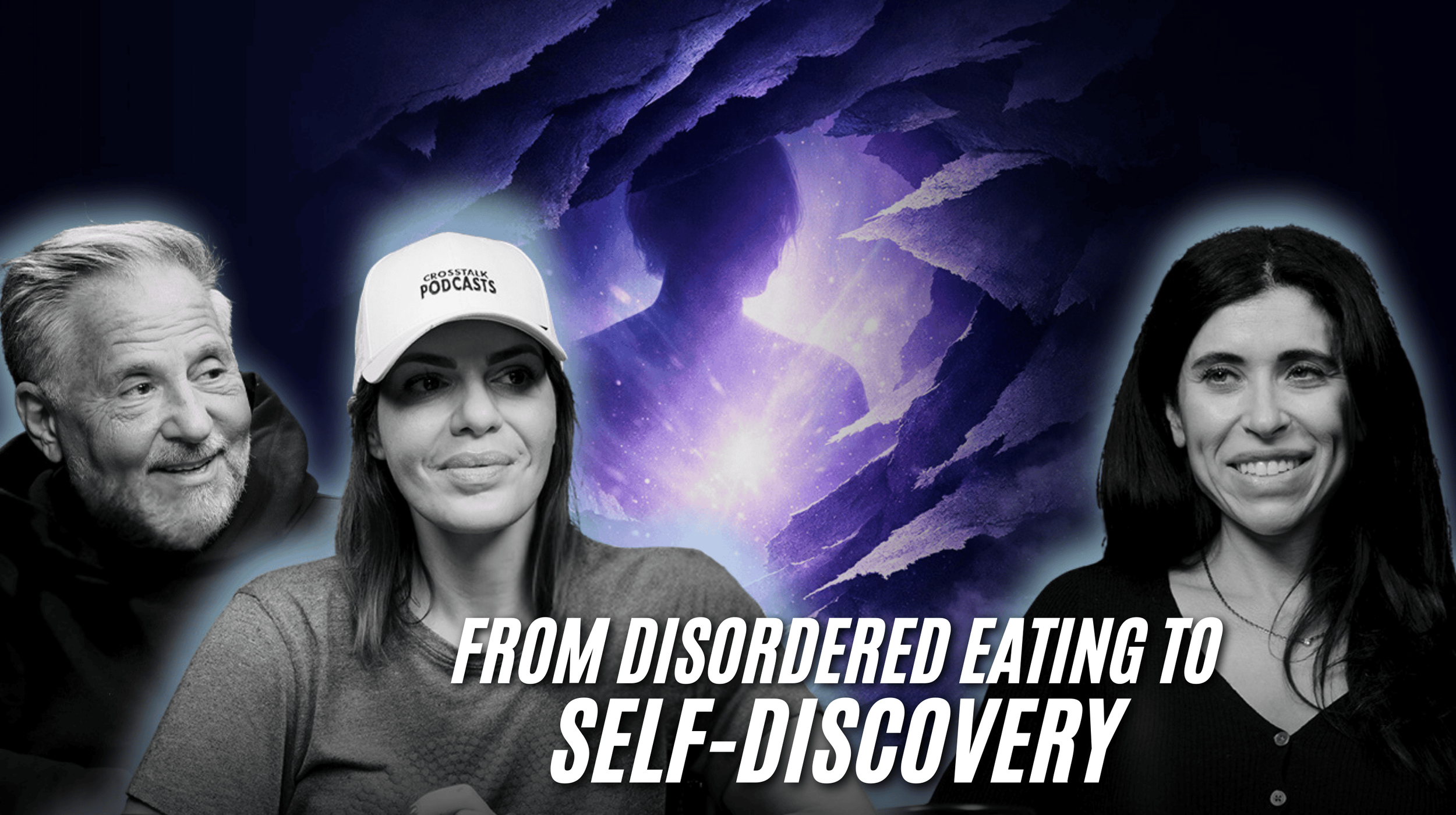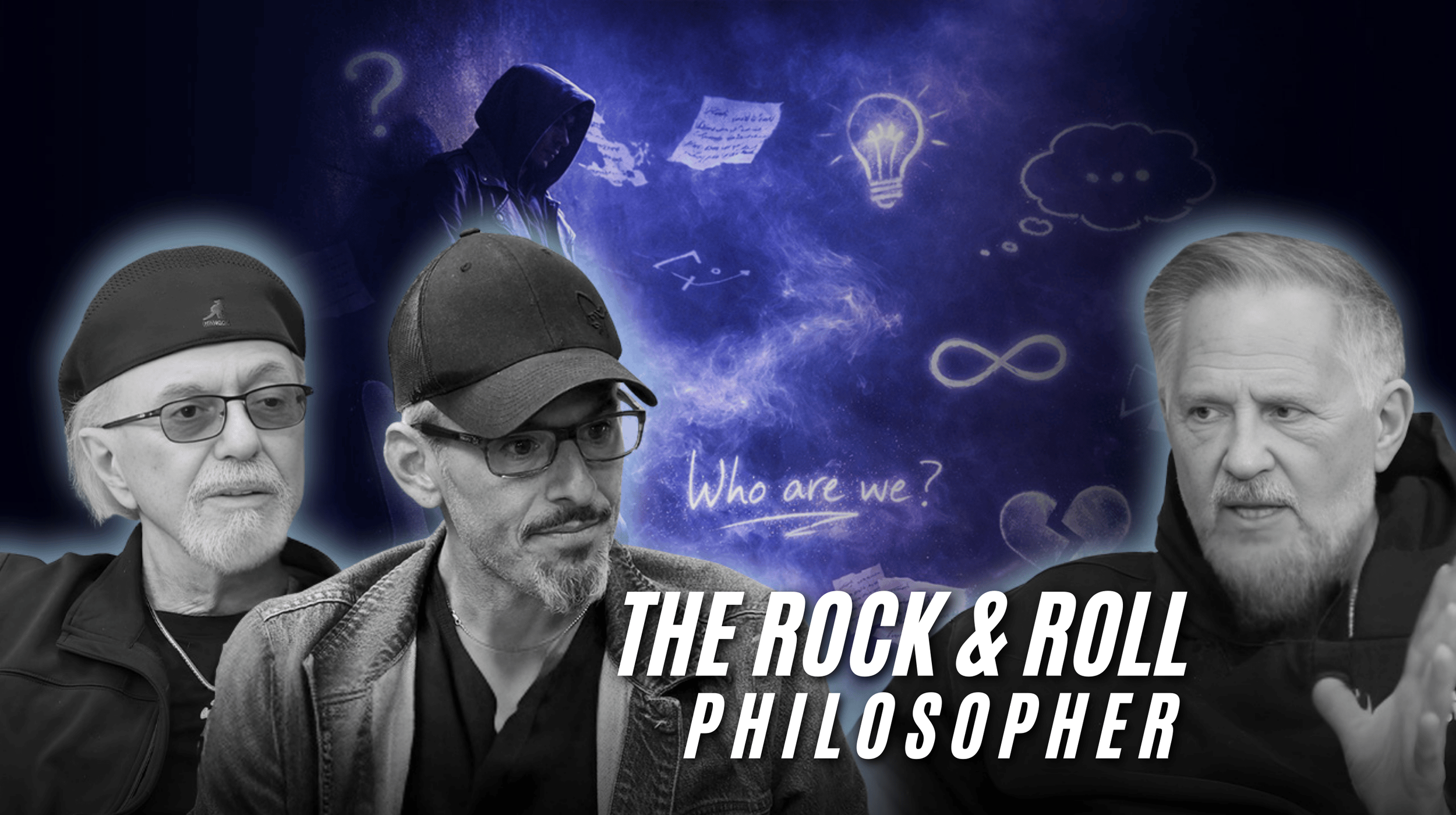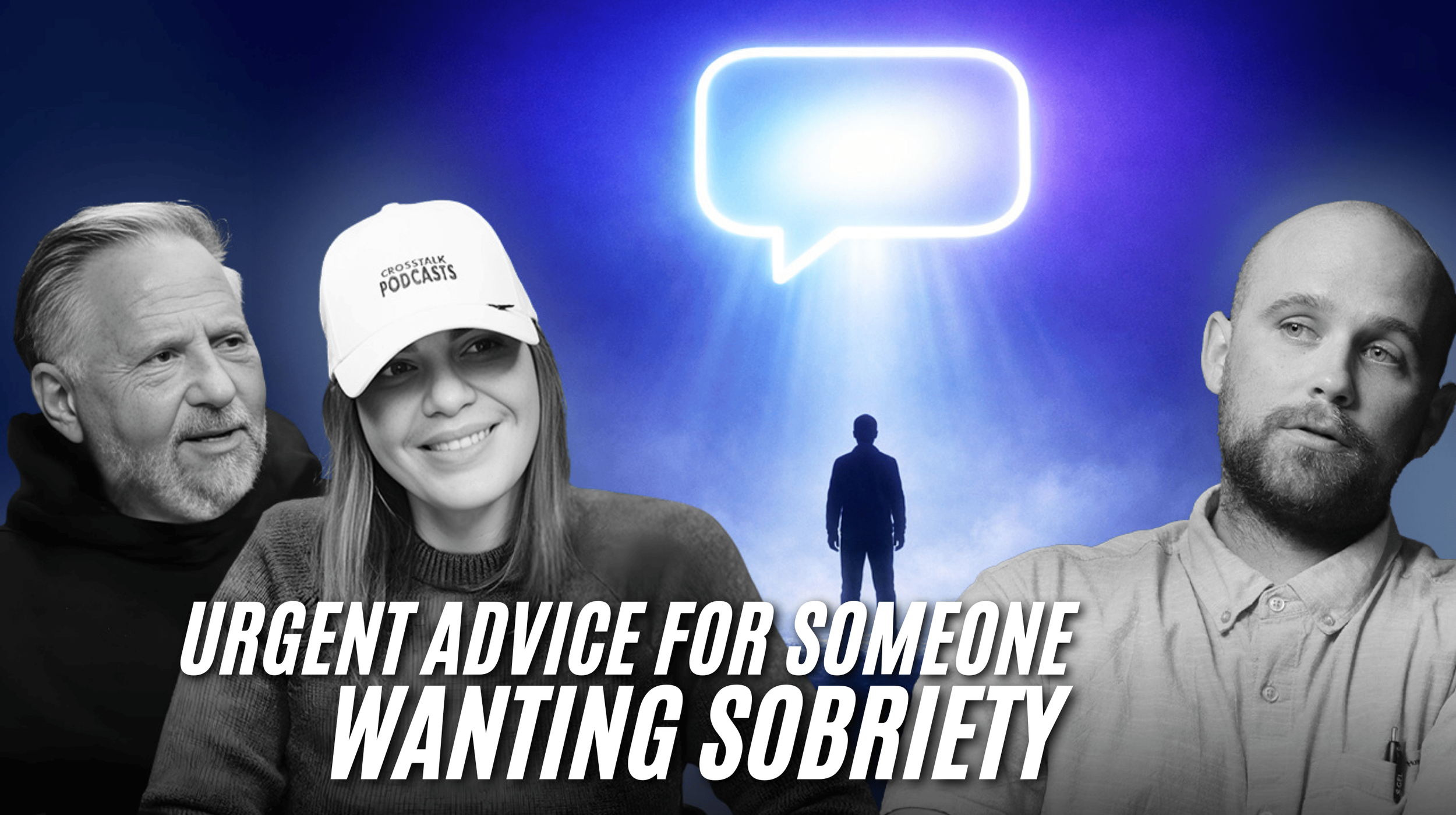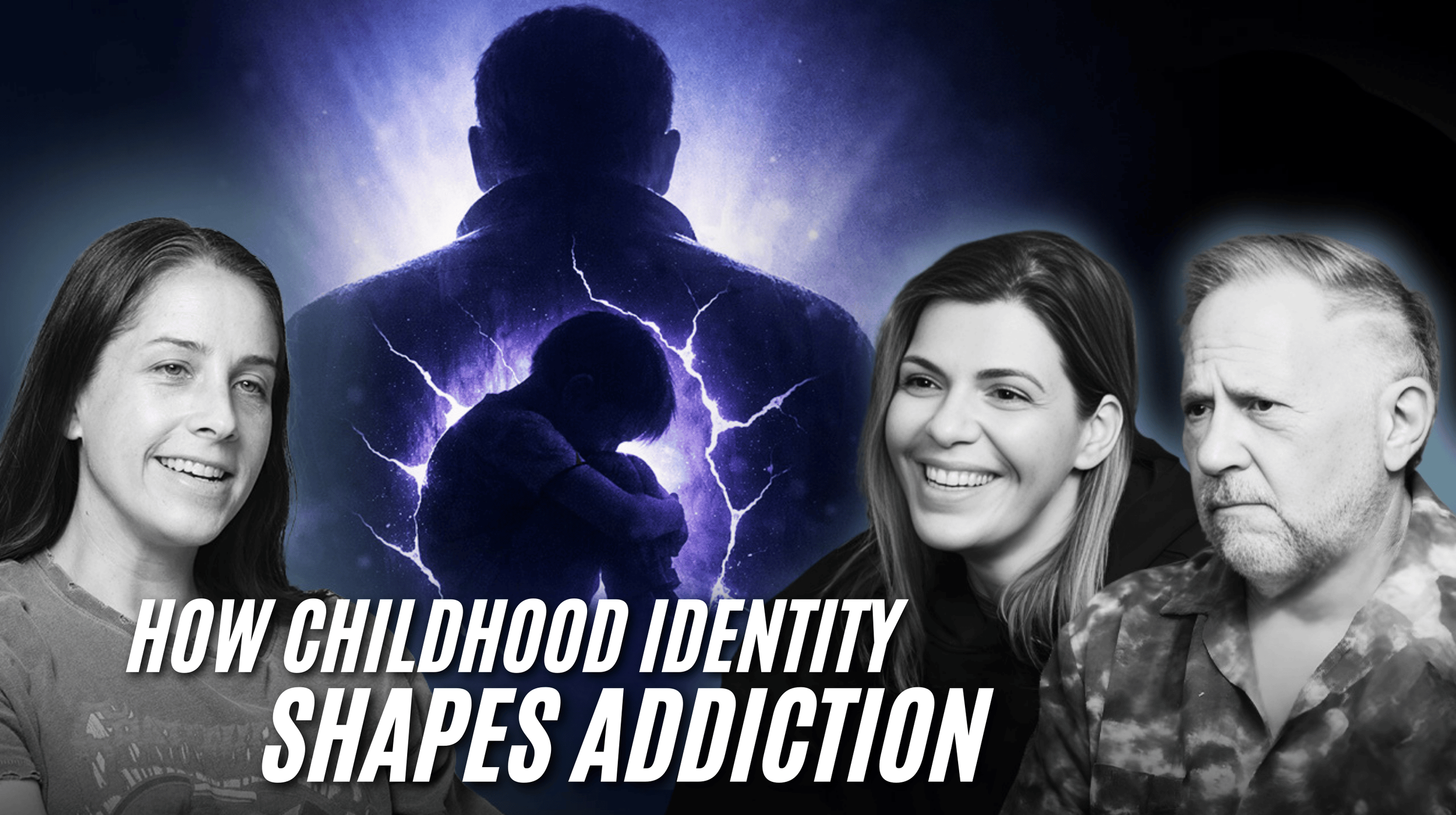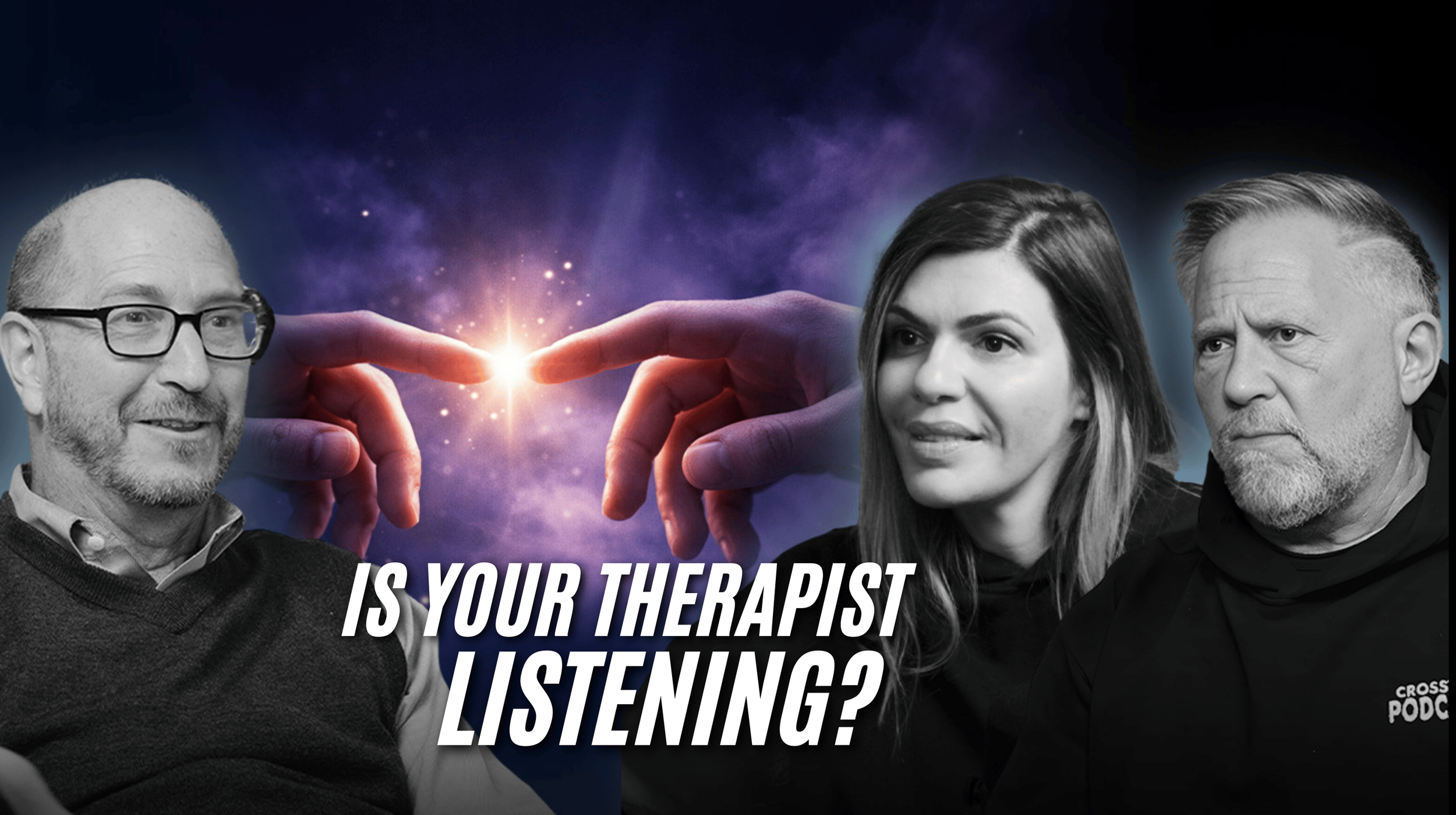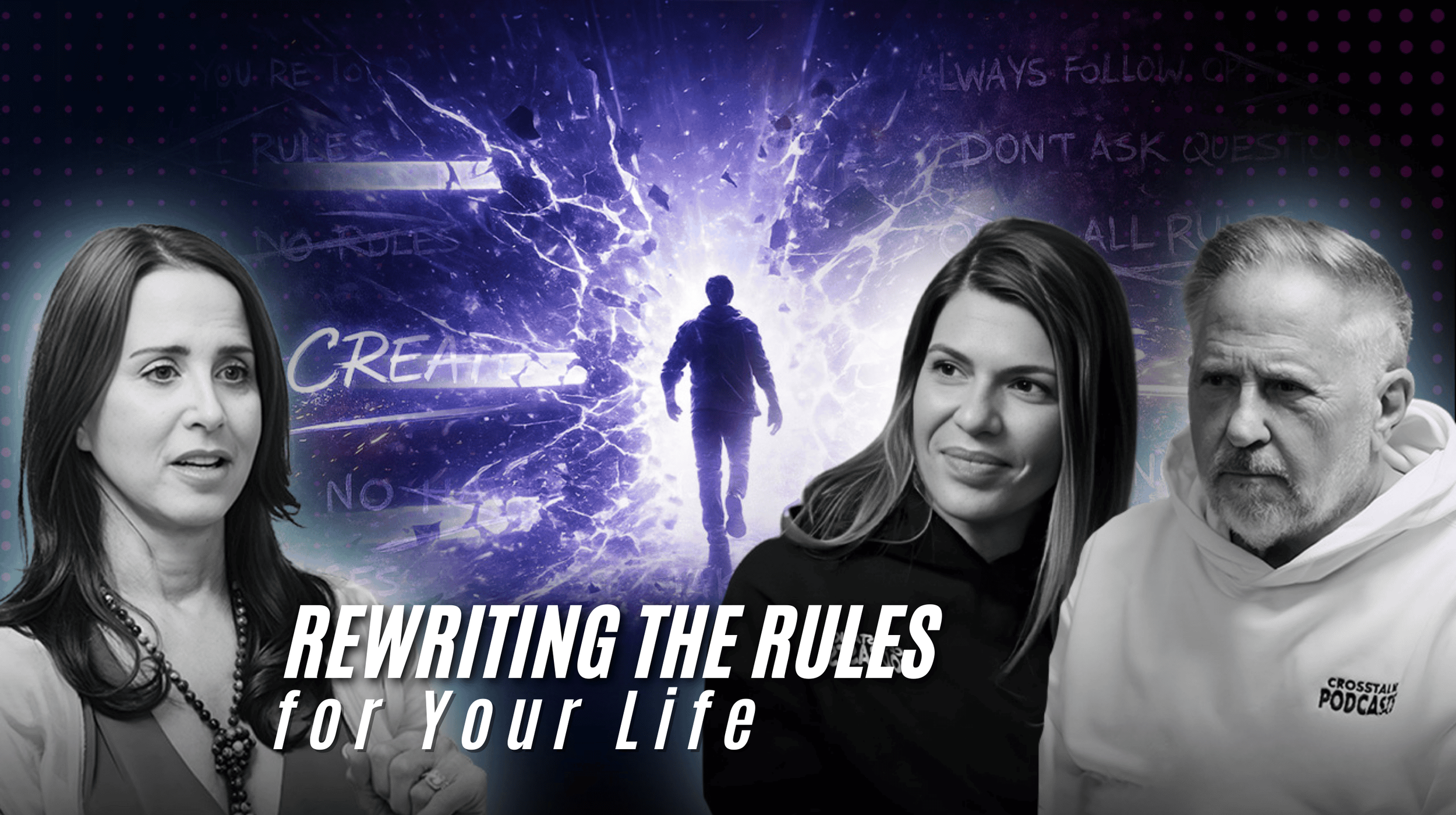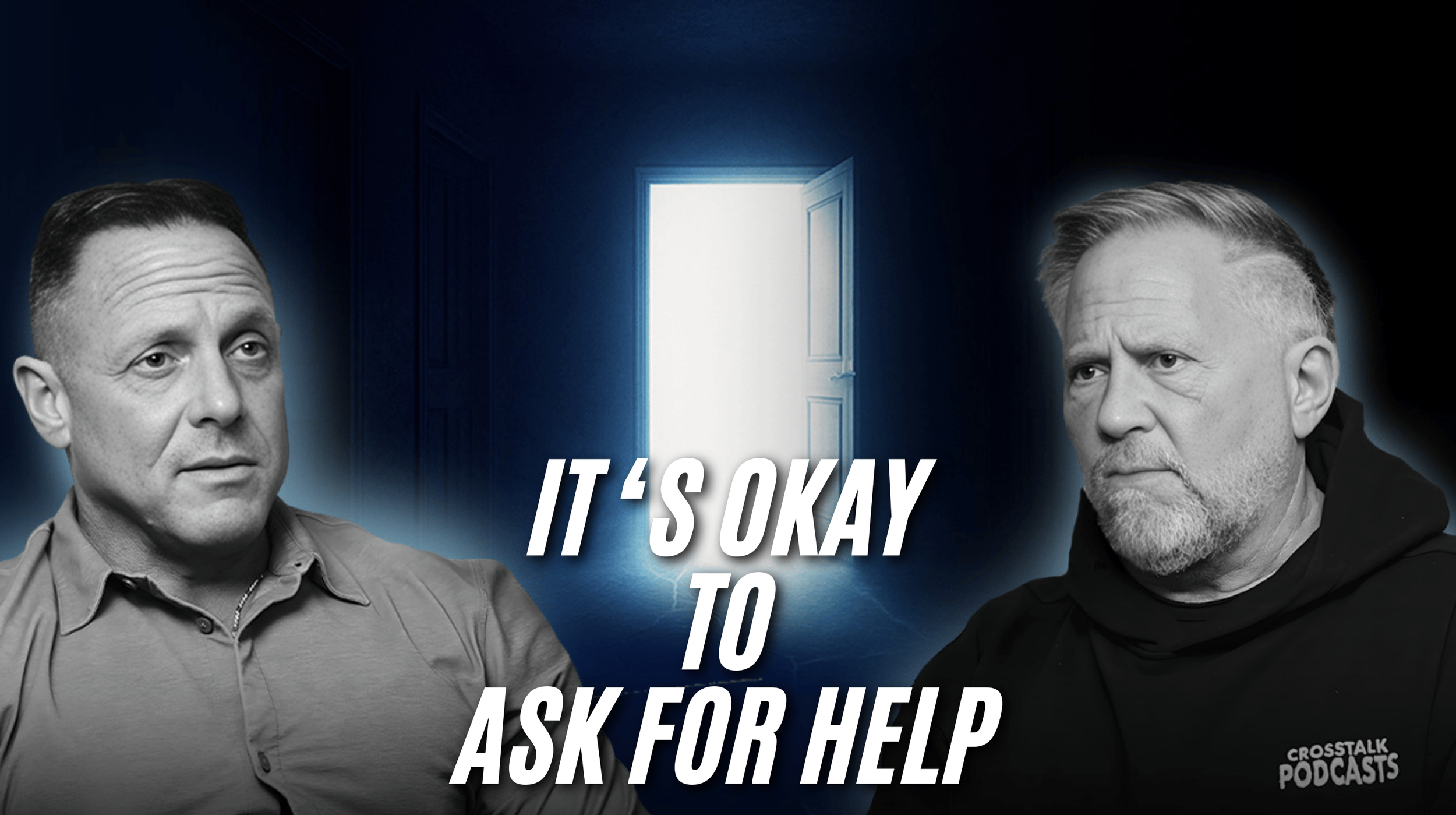How Does a Loner from a "Perfect" Childhood Find Recovery? | Ben O.
Listen or watch on your favorite platforms
Ben opens up about a childhood marked by love that shifted to neglect when his brother’s illness pulled his family’s attention away. Seeking belonging, he fell into drugs, dropped out of school, and bounced between toxic relationships and chaotic environments. From living in tents to facing court orders and violent partners, his life was ruled by addiction and instability.
But everything began to change in 2020 when he entered treatment. Through therapy, recovery programs, and a spiritual awakening, Ben found healing, stability, and peace. Today, he lives with compassion for himself and others, proving that even the darkest past can lead to a bright future.
A Picture-Perfect Childhood With Cracks Beneath the Surface
Ben grew up in Newburyport, Massachusetts, an upper-middle-class coastal town just north of Boston. Adopted at birth, he was raised in a loving home alongside his younger brother. He describes his early years as “picture perfect,” filled with stability, bar mitzvah traditions, and strong family ties. But things shifted dramatically when his brother developed Crohn’s disease at age ten. His parents’ attention turned almost entirely toward his brother’s health, leaving Ben—then 12 or 13—feeling neglected and isolated. “My parents were neglecting me and focusing only on my brother,” he recalls, “and I was like, who cares about me?”
This sense of abandonment, paired with adolescence, fueled his rebellion. By the time he was sneaking out, stealing his dad’s car, and hanging with the wrong crowd, the once-loving family connection had fractured.
First Encounters with Addiction
At 15, Ben began experimenting with drugs. Unlike many who start with alcohol, his first real introduction was cocaine—before drinking had even become a regular part of his life. He remembers, “I really had no preference. If anybody was like, ‘Hey, you want to try this?’ I was like, okay. I did not care what it was.”
Soon, alcohol followed. At 16, his first experience with being drunk ended with him passed out on the bathroom floor before temple the next morning. By 17, he had tried heroin, describing it as feeling like being “in a dream.” For Ben, substances weren’t initially about coping—they were about fitting in. But fitting in with the wrong people meant plunging headfirst into chaos.
From Rebellion to Destruction
Ben’s teenage years spiraled quickly. He dropped out of high school around 16, found himself in foster care due to his parents’ inability to control him, and cycled through reckless choices. He drifted into toxic relationships, including one with a violent alcoholic girlfriend who once threw a chemical-filled pint glass in his face, leaving him with severe burns.
By his early 20s, Ben’s life was consumed by instability—living in halfway houses, couch-surfing, or even in a tent behind a house. He tried college briefly, studying automotive tech, but drugs and partying sabotaged that too. He describes this period as living with “drug dealers and people in the street,” constantly chasing the next high while ignoring the wreckage it left behind.
A Life on the Brink
The lowest points of Ben’s life are haunting. From pulling a shotgun on his half-brother during a violent domestic situation in Iowa, to being abused by partners, to drifting without direction—he was entrenched in cycles of trauma and addiction. “That was a really low point,” he says of Iowa, reflecting on the instability of his birth family and the violence that surrounded him.
For years, his addiction was accompanied by a deep loneliness and a gnawing sense that life was spinning further away from what he imagined it could be. But amid all the chaos, he always had a burning question: What’s the bigger picture?
Finding the Right Fit in Recovery
Ben’s first brush with treatment came young, often through court orders or short stints in rehab. But nothing truly clicked until 2020, when he entered a treatment program that aligned with him spiritually. A hospital and institution speaker came in and shared openly about drug-induced psychosis and mania. For the first time, Ben recognized himself in someone else’s story: “He looked the way I felt, but he felt the way I wanted to feel.”
This moment broke him open. He began attending AA seriously—completing 90 meetings in 60 days—and connected with a therapist he still sees twice a week. Slowly, he began to understand surrender, higher power, and the steps. “There is no way it’s anything else other than the grace of God that I’m here,” he says of his recovery.
Sanity, Stability, and Compassion
Today, Ben is grounded, stable, and full of gratitude. He credits his therapist, spiritual practices, and recovery community for transforming his life. Where once there was chaos, now there is clarity. Where once there was loneliness, now there is connection. His advice to his younger self, and to anyone struggling, is simple but powerful: “Have compassion for yourself. In any situation. You are enough.”
His story is proof that no matter how deep the spiral, recovery is possible. Ben’s transformation offers hope to anyone battling addiction—that there is a way forward, and it begins with asking for help.
FAQs
1. What are the signs that someone might be struggling with addiction?
Withdrawal from loved ones, sudden behavioral changes, secrecy, and reckless actions.2. How can childhood experiences contribute to addiction later in life?
Feelings of neglect, trauma, or isolation can push people to seek comfort or escape in substances.3. Can someone recover after using multiple substances like cocaine, alcohol, and heroin?
Yes—many find recovery even after years of polysubstance use with the right support and treatment.4. What role does therapy play in addiction recovery?
Therapy helps address underlying trauma, teaches coping skills, and provides accountability.5. Is relapse part of recovery?
Relapse can happen, but it’s not the end—many use it as a learning opportunity to strengthen recovery.
Related episodes
ABOUT CROSSTALK
CROSSTALK reveals real stories of everyday people and notable figures, sharing their journeys from struggles to life-changing 'aha' moments with all kinds .


 Spotify
Spotify
